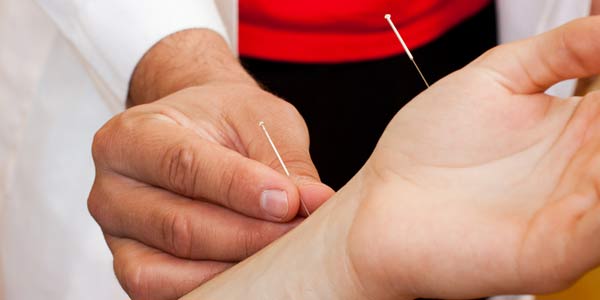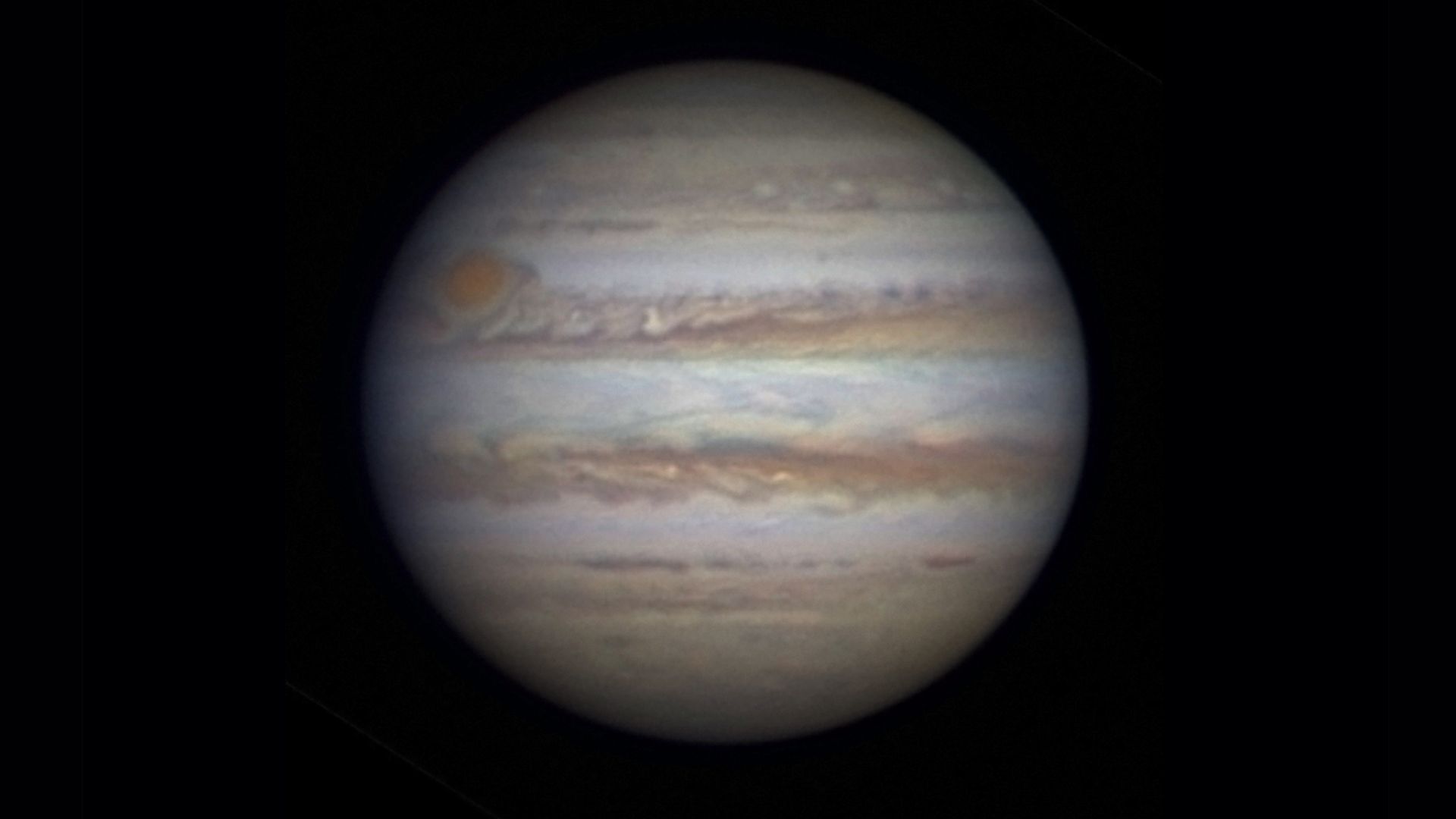Studies of Alternative Medicine Not Worth the Money, Doc Says

The National Institutes of Health should stop funding most studies of complementary and alternative medicine because they are not based on sound science, one prominent researcher argues.
Dr. Paul Offit, chief of the Division of Infectious Diseases at the Children's Hospital of Philadelphia, noted that one NIH group, the National Center for Complementary and Alternative Medicine, spent $750,000 on a study that found prayer does not hasten recovery from AIDS, and $700,000 to find out that magnets do not treat migraine headaches.
"There's no reason to believe that magnets would make your migraine headache better. Or that prayer would treat AIDS," Offit said. "I think it's money wasted."
The NCCAM has spent $1.6 billion since its inception in 1999, Offit wrote in an opinion piece published today in the Journal of the American Medical Association. In many cases, studies have found the therapies work no better than placebos, Offit said.
Most complementary and alternative medicine "borders on mysticism," Offit said, and unless there is a biological mechanism for how a therapy might work, the study should not be funded, he said.
However, others argue the work funded by the NCCAM is valuable, and patients benefit from studies with negative and positive results alike.
Studying the "placebo effect"
Get the world’s most fascinating discoveries delivered straight to your inbox.
Complementary and alternative medicine, or CAM, can make people feel better due to the placebo effect, Offit said. The placebo effect is a phenomenon in which people feel better or show physiological signs of improvement because they believe a therapy is working. (Studies that want to investigate the physiology of the placebo effect would be acceptable to fund, Offit said.)
While some might argue it is good to have studies showing a particular therapy doesn't work, in order to inform consumers, Offit said that in the case of CAM therapies, science does little to sway people's behavior.
For instance, while several studies have shown ginkgo does not improve memory and St. John's wort does not treat depression, these studies have not stopped people from buying the supplements to treat these conditions, Offit said.
Support of CAM therapies that don't have a biological basis can be dangerous for society, Offit said. "It’s a scientific denialism, and we don’t benefit from that," Offit said.
Others disagree
"This viewpoint doesn’t really advance the dialogue very much," Dr. Ashwin Mehta said of Offit's paper. Mehta, an assistant professor and medical director of integrative medicine at the University of Miami's Sylvester Cancer Center, noted that a similar attack against the National Center for Complementary and Alternative Medicine was published in the journal Science in 2006.
Mehta said some studies funded by NCCAM have had results indicating the therapy works better than the placebo, nothing of which is mentioned in Offit's opinion piece.
In addition, studies showing the ineffectiveness of a particular therapy or nutrition supplement do have value, Mehta said.
For instance, Mehta works with cancer patients who have questions about what supplements they should and should not take. Many times Mehta will tell people to stop taking supplements because there is no evidence that they work.
"There's a lot of marketing that’s dressed up as science on the Internet," Mehta said. If people don't change their behavior after studies show a particular therapy isn't effective, then researchers need to look at how doctors could better disseminate information about these studies to the public, Mehta said.
Mehta agreed studies should not be funded if there is not a plausible biological mechanism for how the therapy is thought to work. Increasingly, there has been a focus at the NCCAM to fund studies that examine the underlying mechanisms of CAM therapies, Mehta said.
"This center is evolving, it's not a static entity," Mehta said. Just because some studies in the past have not been based on a biological mechanism "doesn't mean that the research that's ongoing and currently funded is meaningless and should be thrown out."
Pass it on: Research into alternative medicine that isn't based on sound science shouldn't be funded.
This story was provided by MyHealthNewsDaily, a sister site to LiveScience. Follow MyHealthNewsDaily staff writer Rachael Rettner on Twitter @RachaelRettner. Find us on Facebook.

Rachael is a Live Science contributor, and was a former channel editor and senior writer for Live Science between 2010 and 2022. She has a master's degree in journalism from New York University's Science, Health and Environmental Reporting Program. She also holds a B.S. in molecular biology and an M.S. in biology from the University of California, San Diego. Her work has appeared in Scienceline, The Washington Post and Scientific American.
 Live Science Plus
Live Science Plus





